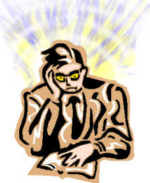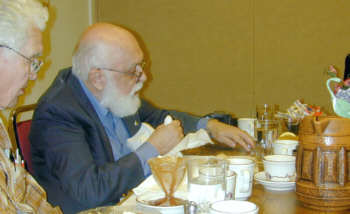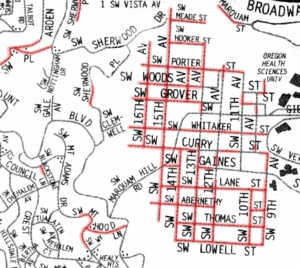|
the perceived importance of physics education has been declining for several decades. "This is not suitable bedtime reading — not if you want to fall asleep, that is. Those who think that public policy should be based on sound science will be left in despair that such a goal can ever be reached in the midst of the competing political interests endemic to modern industrialized democratic societies, exacerbated by scientific illiteracy on the part of both leadership and electorate." Paul M. Grant, reviewing
Politicizing Science: The Alchemy of Policymaking Nature 18 Oct, 2003, p. 663 Physics has been a continuous discovery of the vastness of human limitations and of our unseen potential for error. Our perceptions reveal to us no more than the wispiest of shadows of what we look at. Our language balks at its attempts to express and communicate what physicists have seen in their experiments and conjured by their equations. Yet, the little that science has revealed of the realms just at the edges of human comprehension has catapulted us into a new age of control over Nature—and over other human beings. Physics, and its foundation, mathematics, remains mystery to most who try to learn it. Most give up too quickly, unaware that physics (and mathematics) teachers have discovered effective new ways to help their students "see" their occult worlds, and to comprehend—and use!—the power of that catapult. Those who abandon the pursuit of understanding continue to believe that what their perceptions reveal is potentially all; that what their language communicates is The Universe; that all opinions, hypotheses, and aspirations are equally valid or possible; and that they cannot be deceived, by self or others. Wake up! It's a new age! |
Discussing
"The Magic of Physics"
Magic is what seems to lie beyond the edges of human comprehension.
Before we experience a Eureka!...math is magic
The discoveries of physics are mostly math.
Everyone can see further into those magical
realms.
|
CLICK HERE |
CLICK HERE |
CLICK HERE |
CLICK HERE |
CLICK HERE |
| "Aura Watch" is a collection
of common conceptual mistakes that are persistent, pervasive, somewhat
predictable, occasionally pernicious, and largely pre-scientific.
The missed science is almost always simple; a magical concept we find when we look in places we didn't suspect exist. |
 |
| "Five Steps to Understanding Science"
was a set of posters in the O4R Da Vinci Days booth in 2003. The
steps are:
1. Scope — Look for disconfirmations, too. 2. Relevance — Avoid irrelevant complications. 3. Math — At the least, ratios and exponentials. 4. Logic — Avoid elementary contradictions. 5. Tensor — Master multicomponent measures. |
 |
| "Three Secrets of Science" was a set of posters in the O4R Da Vinci Days booth in 2002. |  |
| The inverted implication has a special place in pseudoscience — and in lackadaisical thinking, the kind that blows us toward "attractive but ultimately disastrous solutions" to our problems. |

 |
| Kieth Devlin ("The Math Guy") puts mathematics in an unusual light. Explorepdx takes an exploratory trip through Devlin's levels with an eye on energy. |
 |
| The lines shown in red are streets shown on the map which don't actually exist on the ground. The innacuracy of most street maps is familiar to many. But there are many others who will state, "That's a good map: I don't see anything wrong with it" even when these errors have been pointed out. These people seem not to consider that the lines on the map representing features on the ground is a criterion related to the quality of a map. We can expect that this widespread "dyscartia" is a factor contributing to the persistence of extremely inaccurate maps. |  |
|
We find a lot about perceptions in The Feynman Lectures on Physics—not so much in most other texts. Human knowledge is an entwined system of perceptions, imagination, language (metaphor), and mathematics hopefully striving toward the magic of the territory at the edges of human comprehension. Digital video has vast potential for communicating this knowledge. |
 |